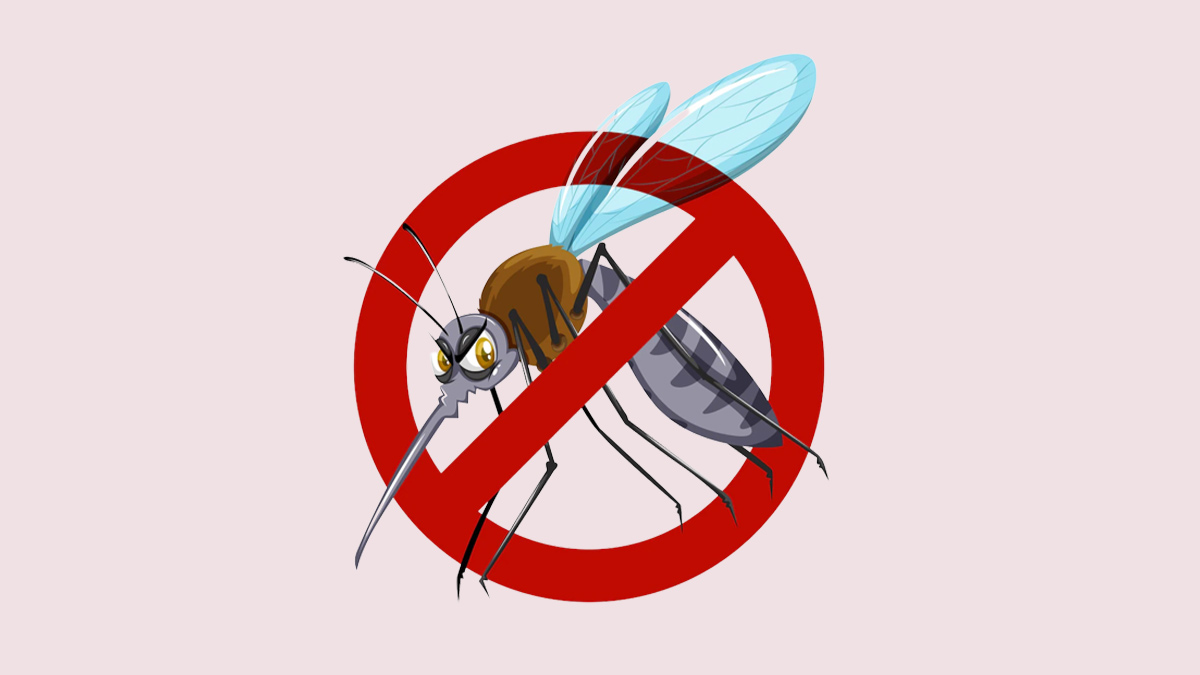
Dengue fever, a mosquito-borne viral infection, can be a concerning experience. While the acute phase of the illness demands immediate medical attention, the road to full recovery can be challenging. Post-recovery care plays a crucial role in helping people regain their strength and vitality. Dr Ganesh Chaudhary, Bachelor of Ayurvedic Medicine and Surgery (BAMS), PHC, Darbhanga, Bihar, explains post recovery tips from dengue.
Table of Content:-
Drink Enough Water
During dengue fever, the body loses fluids due to high fever and sweating. Even after recovery, it's vital to maintain proper hydration. Drink plenty of water, oral rehydration solutions, and clear soups to replenish lost fluids. Dehydration can lead to complications, so keep a close eye on your fluid intake.
Nutrient-Rich Diet
A balanced diet rich in essential nutrients is key to rebuilding your strength. Focus on foods that are high in vitamins and minerals, such as fruits, vegetables, lean proteins, and whole grains. These foods will help replenish your energy levels and boost your immune system.
Also read: 9 Tips To Maintain Platelet Count Amid Dengue Surge
Adequate Rest
Dengue fever can leave you feeling weak and fatigued. Give your body the rest it needs to recover fully. Ensure you get 7-8 hours of quality sleep each night and avoid strenuous physical activity until you regain your strength.
Regular Medical Checkups
After dengue, it's important to monitor your health closely. Regular checkups with your healthcare provider can help identify any lingering issues or complications. They can also advise you on when it's safe to resume normal activities.

Avoid Overexertion
While it's essential to stay active, avoid overexerting yourself too soon. Gradually ease back into your daily routine and exercise regimen. Consult your doctor before starting any rigorous physical activities.
Mosquito Prevention
Prevent another dengue infection by protecting yourself from mosquito bites. Use mosquito nets, wear long-sleeved clothing, and apply mosquito repellent when outdoors. Eliminate breeding sites for mosquitoes around your home by emptying stagnant water containers.
Mental Well-being
Recovery from dengue can be emotionally challenging. Some people experience post-traumatic stress symptoms. Don't hesitate to seek support from friends, family, or a mental health professional if you're struggling with anxiety or stress related to your illness.
Monitor Platelet Count
Keep an eye on your platelet count even after recovery, as it may take some time to return to normal levels. Consult your doctor if you notice any unusual symptoms like bleeding or bruising.
Maintain Good Hygiene
Practice good hygiene to prevent infections during your recovery. Wash your hands regularly, especially before eating, and keep your living environment clean.
Vaccination
In some regions, dengue vaccines may be available. Consult your healthcare provider to determine if you are eligible for vaccination and if it's recommended for your situation.
Recovering from dengue fever necessitates perseverance and close attention to your health. You can help your body rebuild strength and resilience by following these post-recovery guidelines. Remember that everyone's rehabilitation journey is unique, so seek personalised advice and support from your healthcare professional. You may restore your health and lower your risk of future dengue infections with proper treatment and safeguards.
Also watch this video
Read Next
Shedding Light on the Impact of Poorly Lit Rooms: It Can Make You Feel Sleepy, Lazy, and Depressed
How we keep this article up to date:
We work with experts and keep a close eye on the latest in health and wellness. Whenever there is a new research or helpful information, we update our articles with accurate and useful advice.
Current Version
